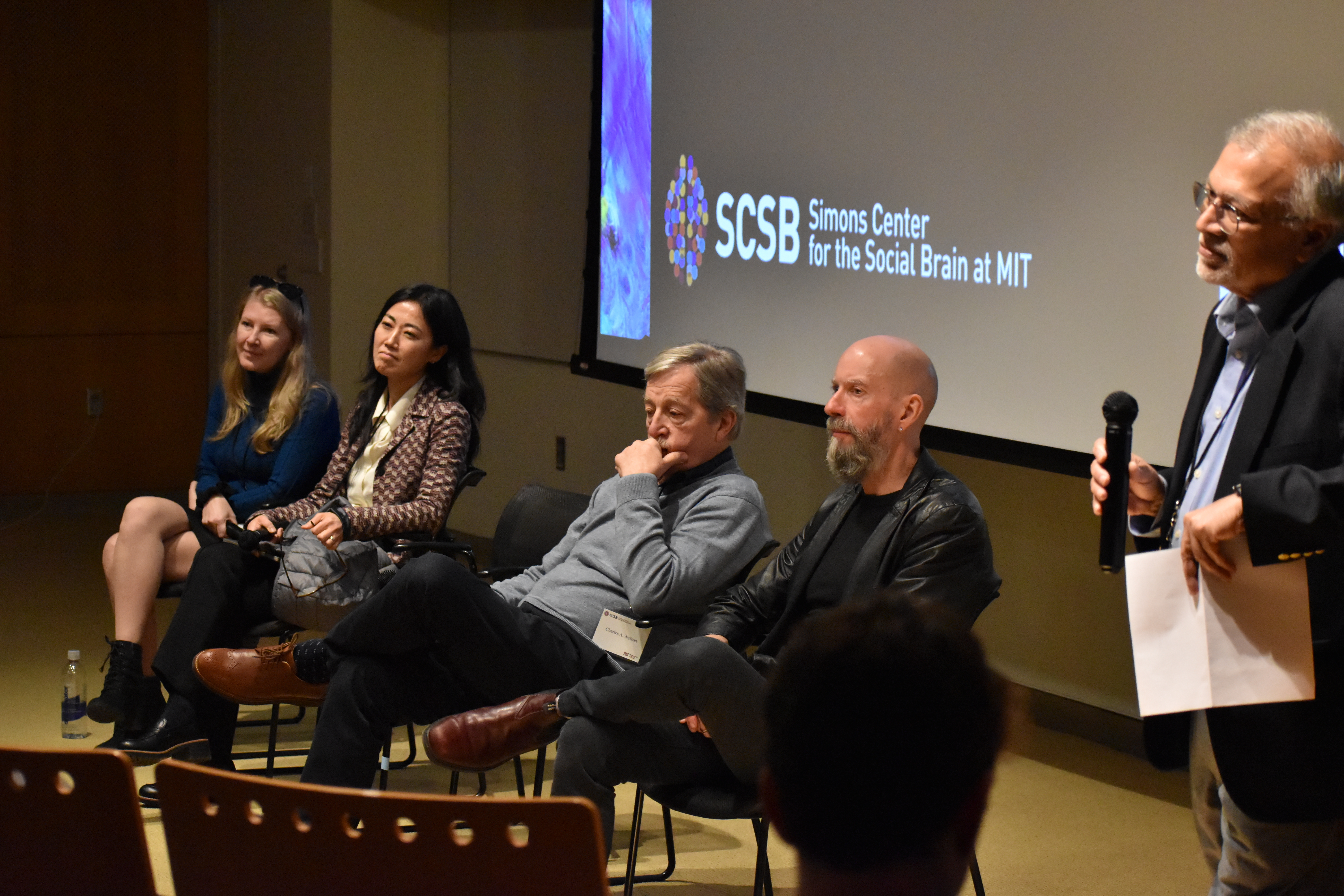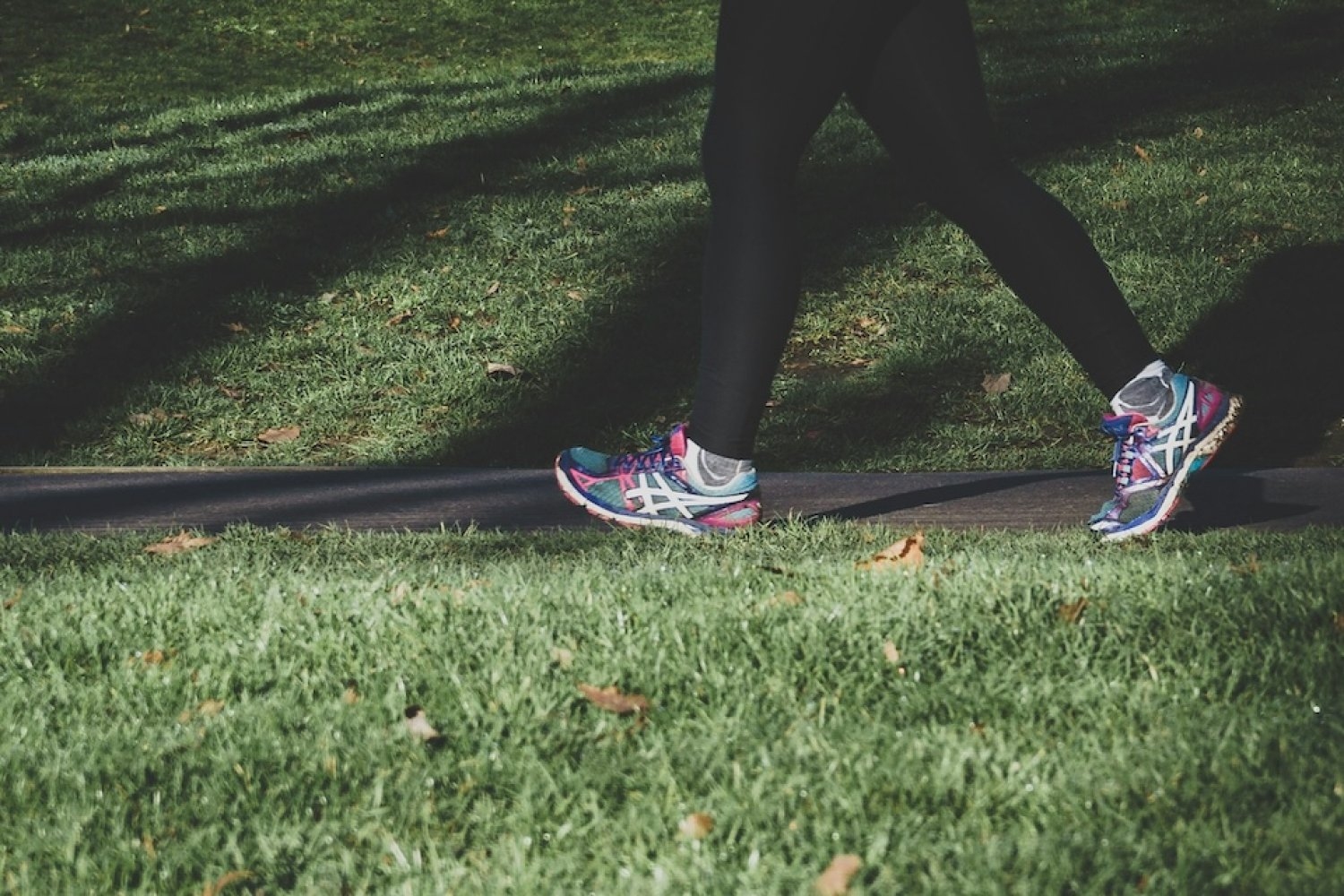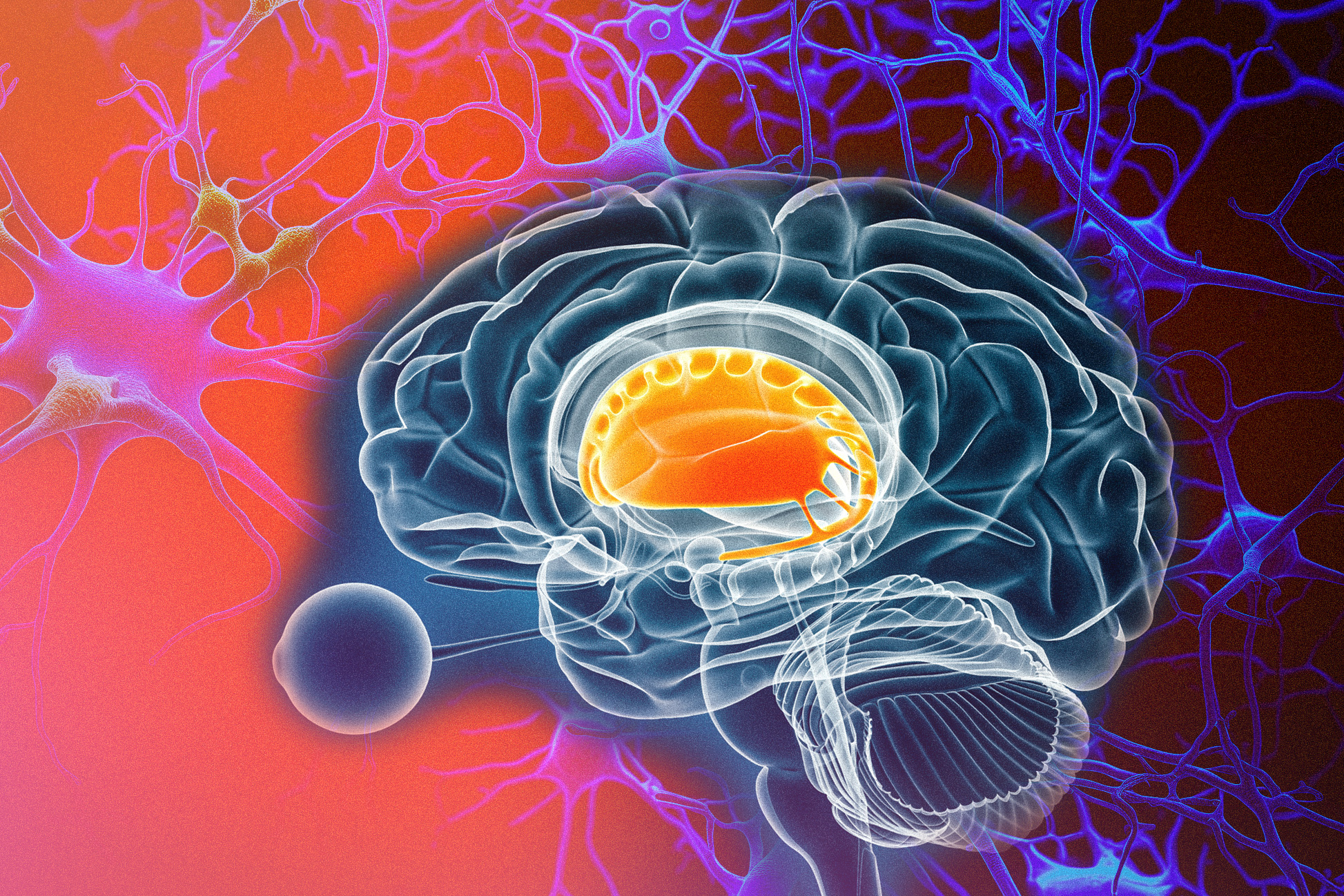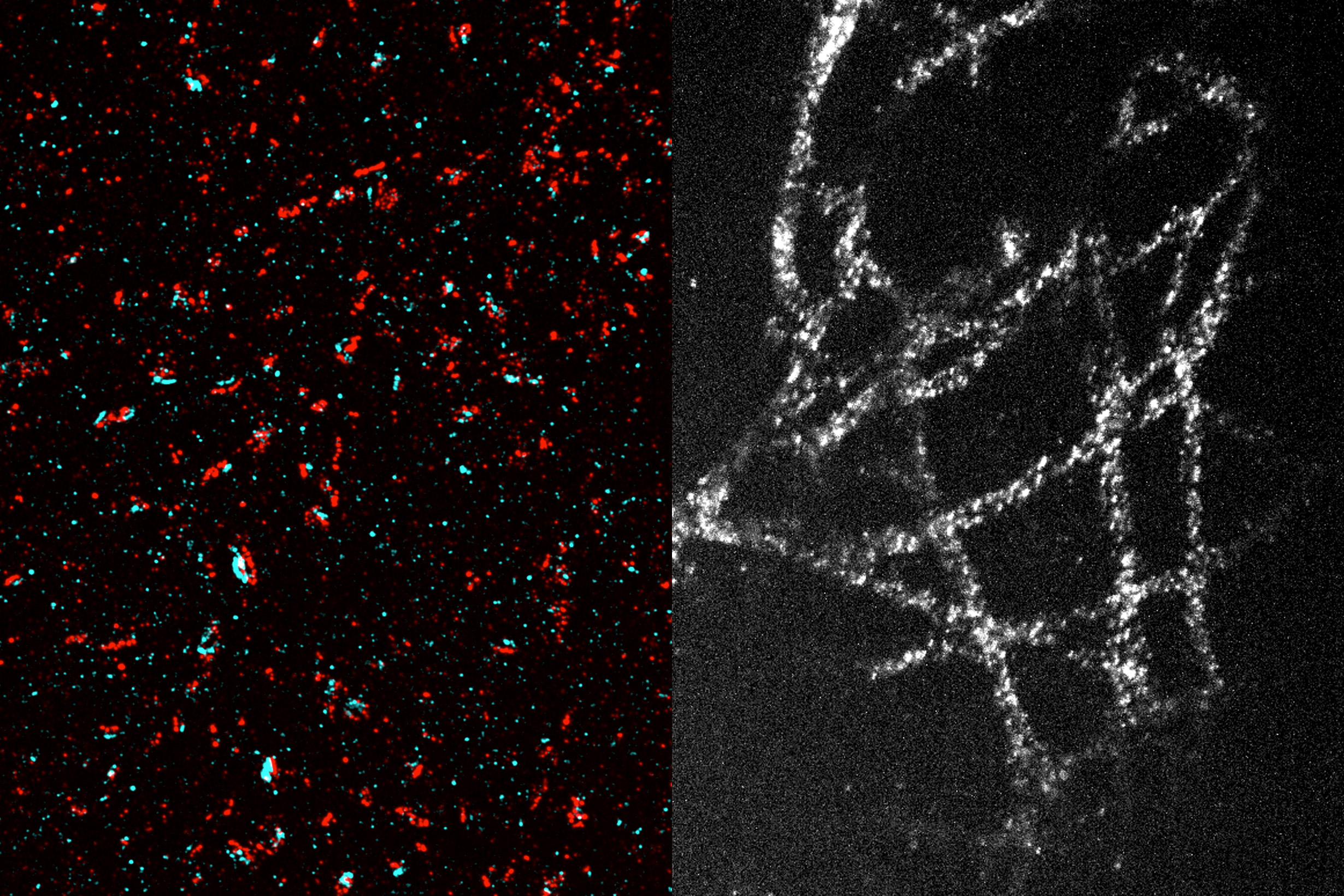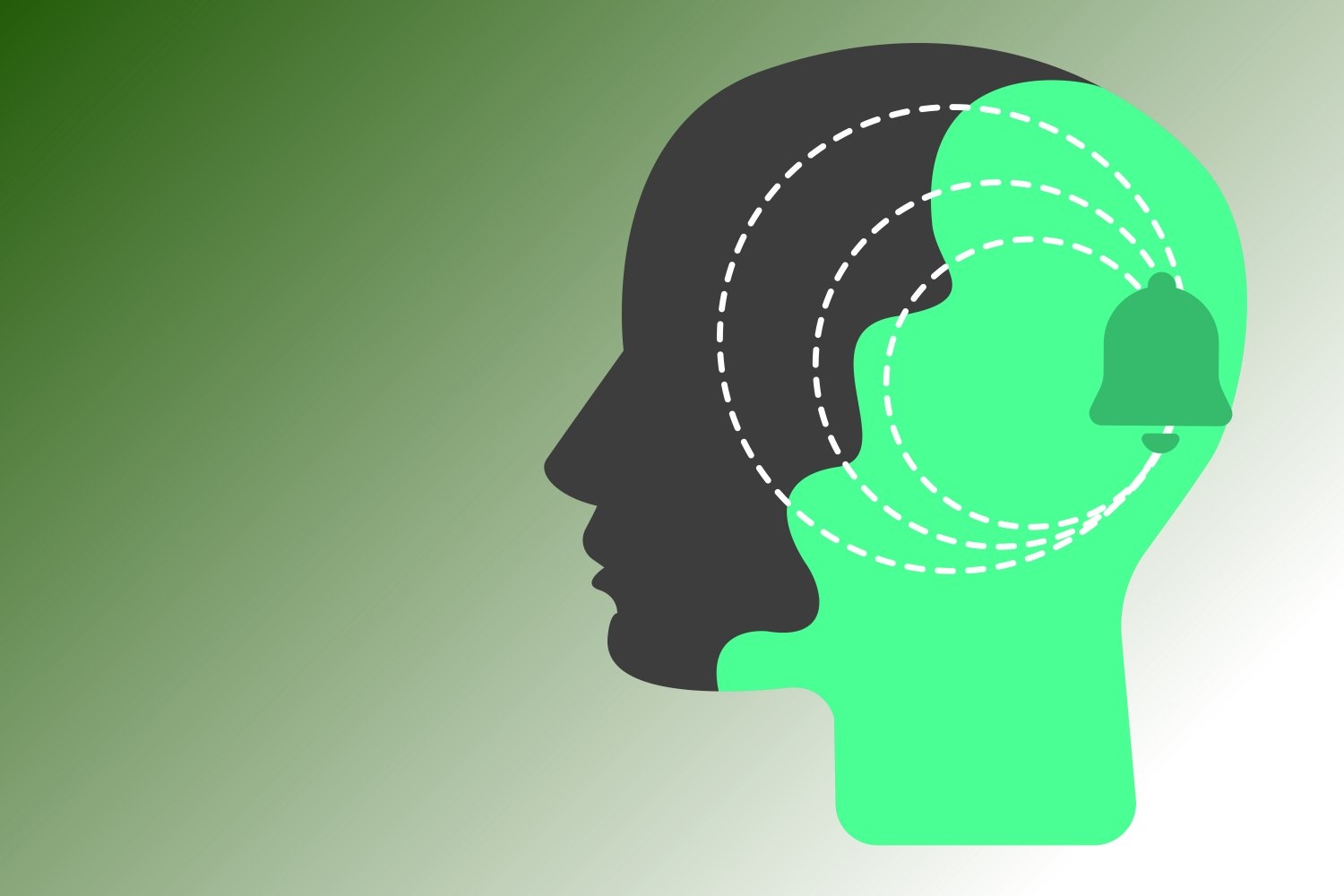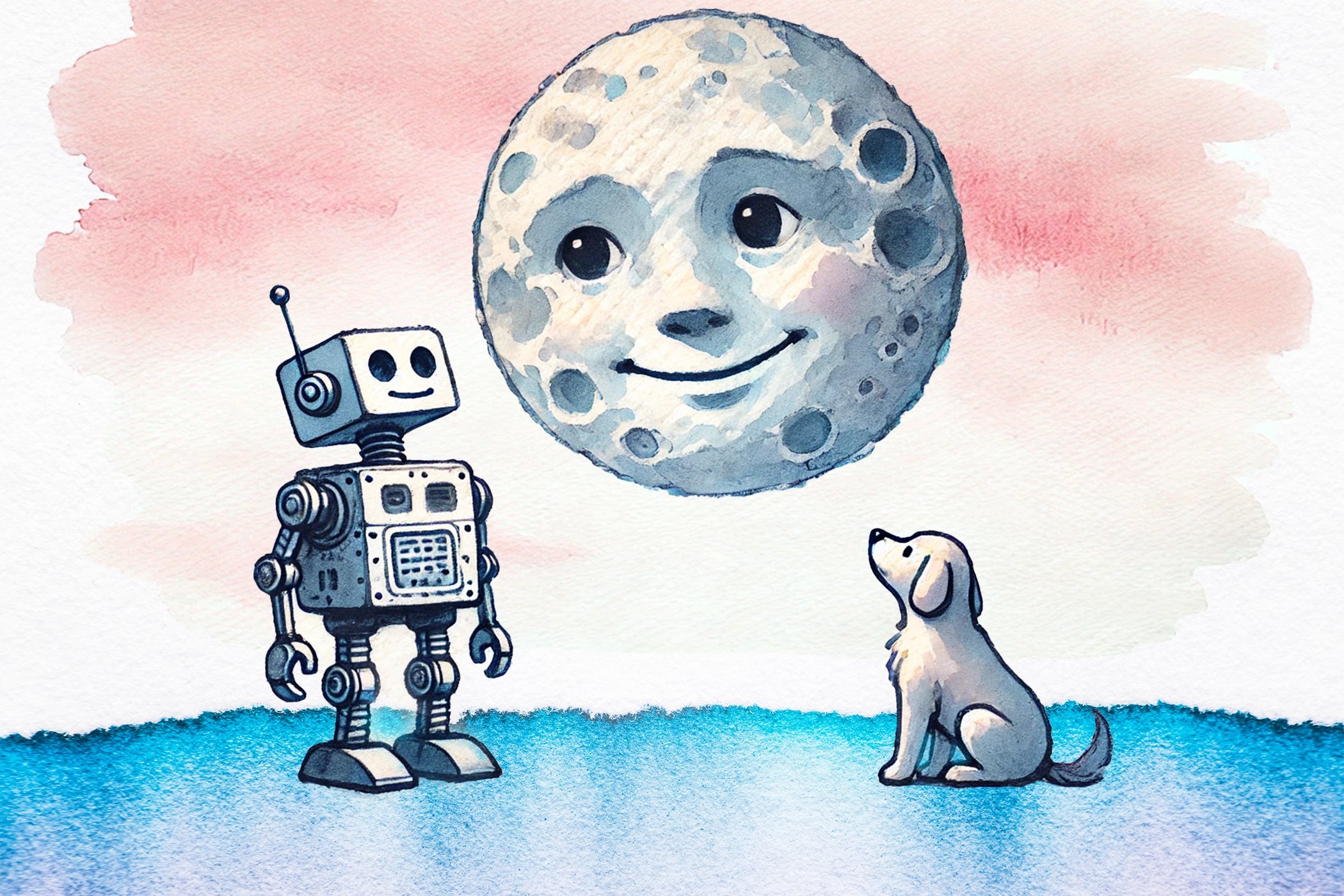New autism research projects represent a broad range of approaches to achieving a shared goal
At a symposium of the Simons Center for the Social Brain, six speakers described a diversity of recently launched studies aimed at improving understanding of the autistic brain.
Dec. 18, 2024 • ~8 min

